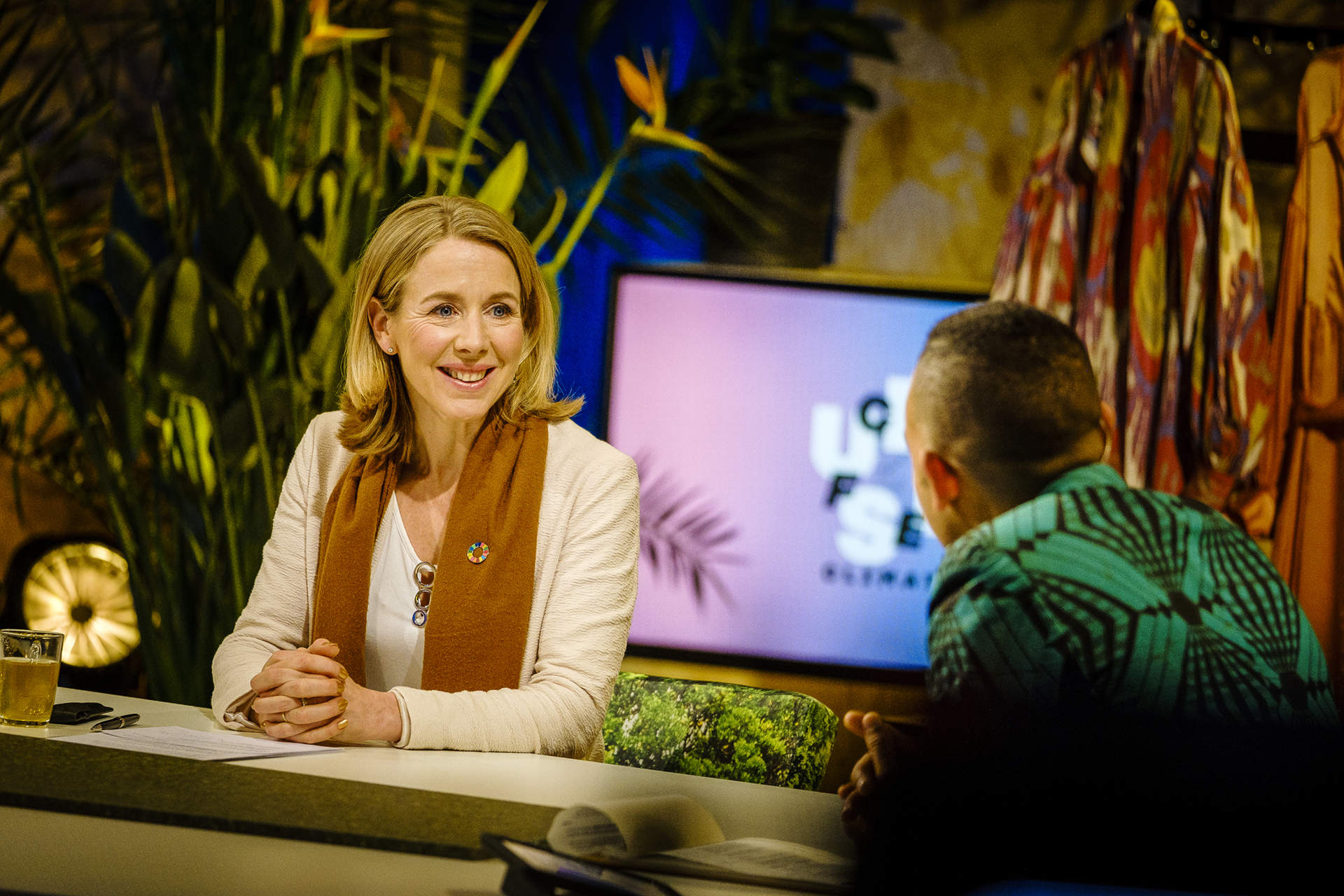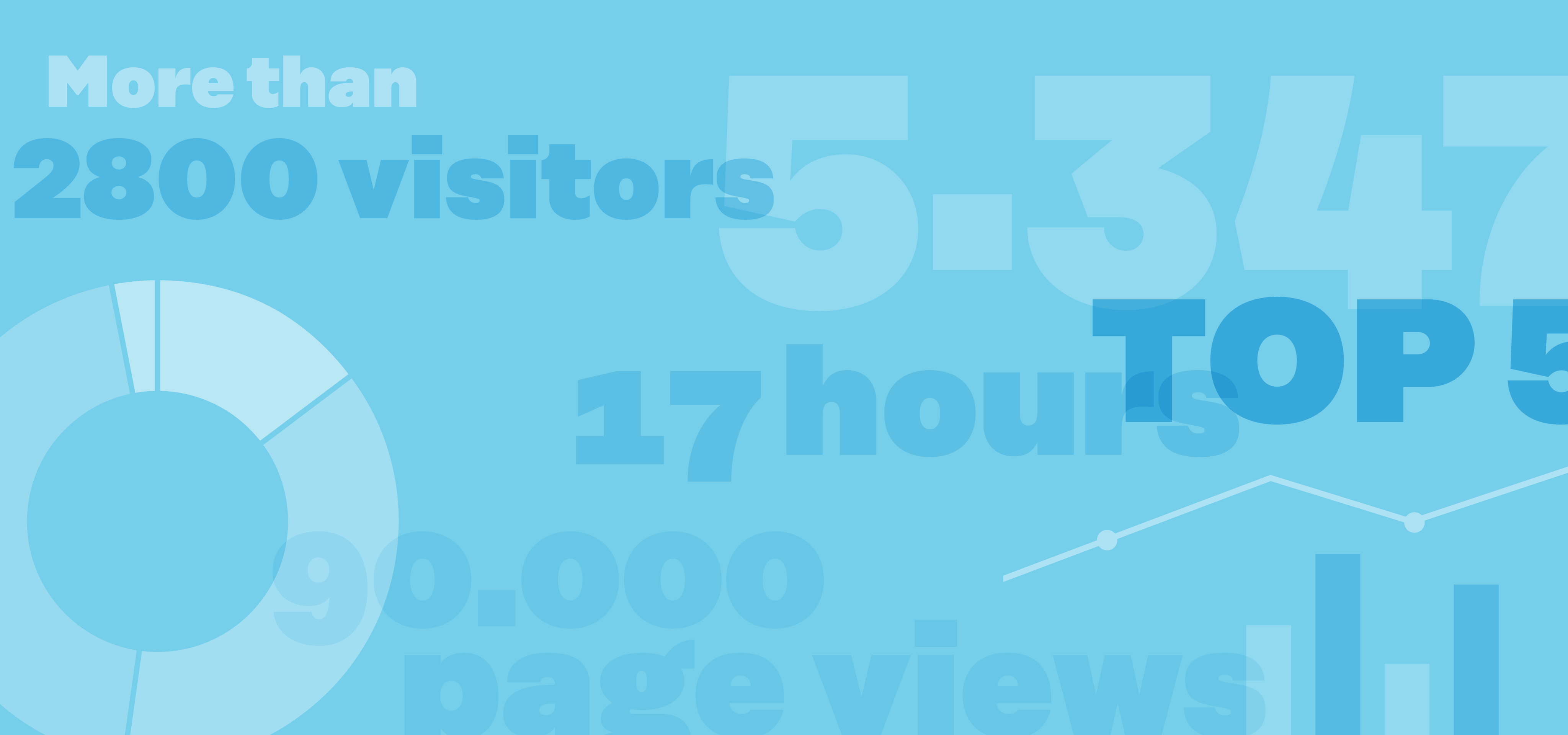WCEF+Climate showed the crucial contribution of a just transition to a circular economy in building forward better and greener – for people and planet, in this crucial moment in history. During the conference, participants also stressed urgency: we still have a long way to go and so little time. As a result of WCEF+Climate, governments, international organisations, civil society organisations and businesses submitted more than 50 commitments for the WCEF+Climate Action Statement, demonstrating their commitment to taking the next steps towards a circular future. Read the whole Action Statement here.
Here are several of the dozens of commitments included in the WCEF+Climate Action Statement:
The African Circular Economy Alliance (ACEA), following the Annual Meeting on 15 April, submitted a commitment to accelerate the just transition to a circular economy on the African continent. Their commitment entailed mobilizing resources for the development national circular economy strategies aligned with the SDGs and Paris Agreement; boos cross-border policy harmonization for regional circular value chains; and collaborate within and across regions to share best practices, share peer-to-peer learning and promote technology transfer and innovation.
In line with the international cooperation to accelerate the transition, The governments of the Netherlands (I&W), Belgium (FIDO), Germany (BMU), Norway (DFO), the United Kingdom (DEFRA) and Austria (BMNT), and the Circular Innovation Council of Canada committed to launching a Circular and Fair Information and Communication Technology (ICT) Pact (CFIT) under the UN One Planet Network SPP Programme, building an international network of ICT procurers to accelerate the transition to circular and fair ICT. This is another concrete example of collaboration across borders, with a very tangible result.
Another important example is the joint commitment submitted by UNEP and UNDP: UNDP and UNEP committed to continuing to jointly support developing countries in enhancing the ambition of their NDCs, through circular economy policies and measures and explore this potential in the context of LT-LEDS. A second edition of the UNDP-UNEP guidance note on integrating circular economy into national climate action plans will also be produced, based on experience in delivering support and on identified country needs.
The youth is an important partner in accelerating the just transition to a circular economy for climate neutrality, and the commitment submitted by the We Are Tomorrow Global Partnership demonstrates their commitment to work across borders towards a circular future: The We Are Tomorrow Global Partnership (WAT-GP) commits to incorporate the sharing of knowledge and best practices on the circular economy in its ongoing mission to inform, inspire and involve youth in the countries of both current as well as future partners that together make up the WAT-GP; and to seek out the cooperation of local and national governments in those countries to involve youth in the assuring of a just transition to a circular economy that is not only horizontal (i.e. fair to all countries) but also vertical (i.e. fair to all generations).
Lastly, the commitment from the private sector is crucial moving forward. We’re so happy with the ambition level set by Philips, with their commitment: Philips commits to generating 25% of its revenue from circular products, services and solutions, offering a trade-in on all professional medical equipment, and taking care of responsible repurposing, by 2025, working in collaboration with PACE, Ellen MacArthur Foundation, WEF, Circle Economy.
Next up: WCEF2021
WCEF+Climate is part of the World Circular Economy Forum. The next annual WCEF conference will be held on 13-15 September 2021, hosted by Canada and Sitra. While the WCEF+Climate was an independent event, the link between circular economy and climate remains relevant in upcoming forums and meetings, including the UNFCCC COP26 (1-12 November 2021) in Glasgow. This is another important next step in demonstrating the added value of a circular economy in achieving climate neutrality.
Getting to net-zero emissions by 2050 requires that we embrace the principles of a circular economy, that treats waste as a lost resource opportunity.
By working together, we will build a cleaner, healthier future for our children and our grandchildren. We thank our colleagues from the Netherlands and Sitra for hosting the successful WCEF+Climate. Canada is looking forward to building on this growing momentum as host of WCEF2021 from September 13 to 15, which will focus on the systemic changes that are needed to accelerate the transition to a circular economy. We hope to see you all, virtually, in September.”
The Honourable Jonathan Wilkinson, Canada’s Minister of Environment and Climate Change




